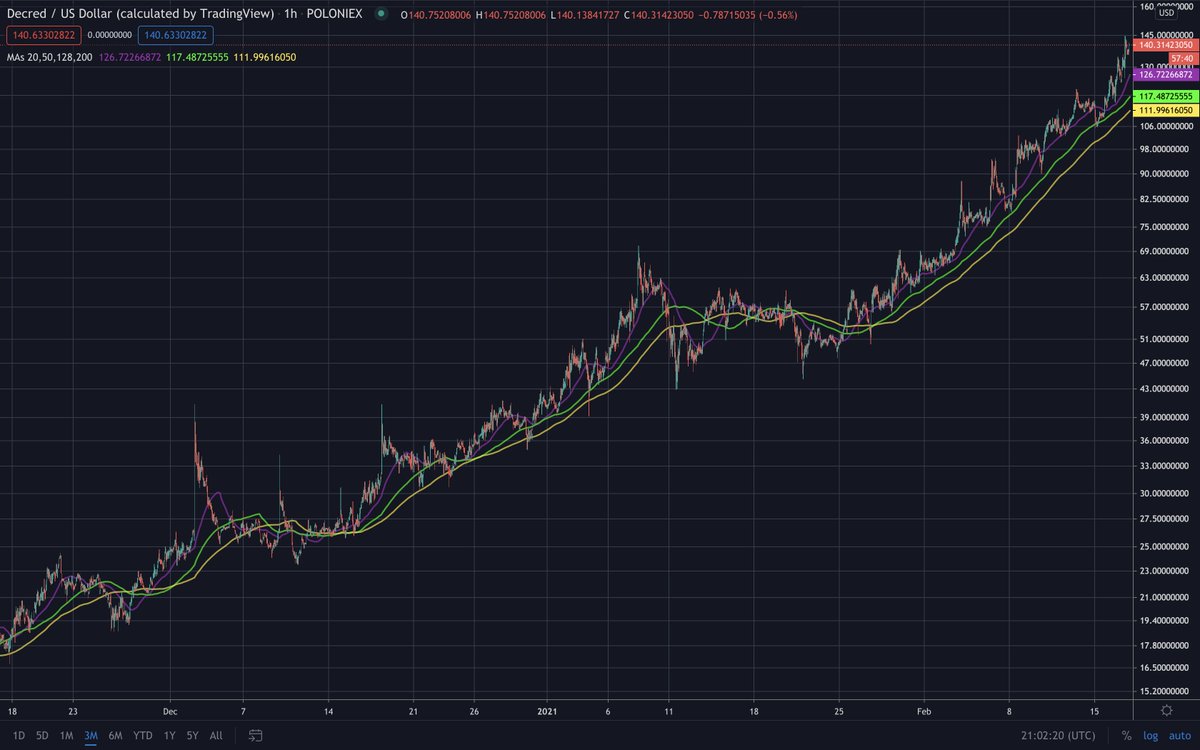
Large unlocks of tokens are a complex event that interface with market psychology.
Simply put, large unlocks can be bullish catalysts in bulls, and bearish catalysts in bears.
They unlock liquidity to continue the prevailing trend.
Simply put, large unlocks can be bullish catalysts in bulls, and bearish catalysts in bears.
They unlock liquidity to continue the prevailing trend.
Emerging from the 18/19 bear market into this bull, some were surprised to find bullish price action after an unlock.
Similarly, when we descend into a bear from this bull, some will be surprised to find unlocks serving as a bearish catalyst.
Similarly, when we descend into a bear from this bull, some will be surprised to find unlocks serving as a bearish catalyst.
Relatedly, take extra care with the intentions of communities that have tokens with fully-diluted valuations that dwarf the circulating value.
On large fully-diluted valuations, there’s great variance:
Some will use the un-issued FD value to distribute widely to the supply & demand-side (community owned growth).
Others are using it to hide massive pre-allocated dilution to inside investors.
Some will use the un-issued FD value to distribute widely to the supply & demand-side (community owned growth).
Others are using it to hide massive pre-allocated dilution to inside investors.
• • •
Missing some Tweet in this thread? You can try to
force a refresh



